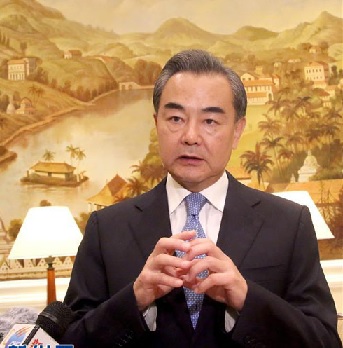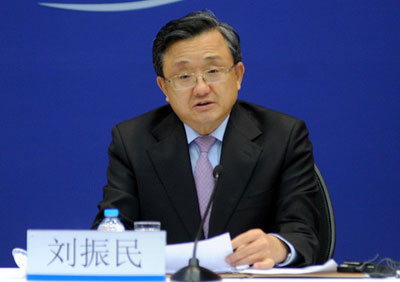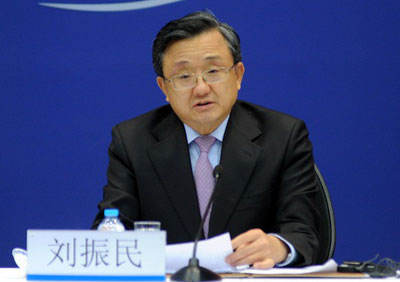
By ELLEN T. TORDESILLAS
TAKE note that in China’s reaction to the decision of the Permanent Court of Arbitration in the case filed by the Philippines against its all-encompassing nine-dash-line map and its claim of maritime rights over Scarborough Shoal and the Spratlys, it hit the Tribunal, not the Philippine government.
Definitely, not President Rodrigo Duterte.
If this sets the tone for post-Decision Philippine-China relations, there’s a good chance that talks on the disputed waters will achieve something positive.
Duterte had the good sense of letting Foreign Secretary Perfecto Yasay issue the statement.
Yasay simply welcomed the decision and called for restraint and sobriety.
He was heavily criticized by not looking happy over the decision that was overwhelmingly in favor of the Philippines.
In Beijing, President Xi Jinping, who was meeting with officials of the European Council and European Commission when the Award was released simply reiterated his government’s stand. He said, “China’s territorial sovereignty and maritime interests in South China Sea, in any circumstances, will not be affected by the Award.”
The Chinese Foreign Ministry said, “The award is null and void and has no binding force.”
Chinese Foreign Minister Wang Yi issued a strong statement saying, “The South China Sea arbitration is completely a political farce staged under legal pretext…” But he stressed that it was “unilaterally initiated by the former government of the Philippines, in an attempt to undermine China’s territorial sovereignty and maritime rights and interests in the South China Sea.”
Wang continued, “Plotted and manipulated by certain forces outside the region, the former government of the Philippines unilaterally initiated the arbitration with no consent of the other party.”

The air of sobriety and maturity is spoiled by the silly statement of Vice Foreign Minister Liu Zhenmin who not only questioned the arbitration tribunal’s competence and integrity, saying that its five arbitrators lacked knowledge of “Asian culture” but also said the they received money from the Philippine government.
“These five judges make money, and the money they made is from the Philippines.This arbitration suit could become a notorious case study in the history of international law,” Liu said.
Liu must be referring to Arbitration Cost.
Page 60 of the 501-page award explained “Deposits for the Cost of Arbitration.”
It said: “Article 33 of the Rules of Procedure states that the PCA may from time to time request the Parties to deposit equal amounts as advances for the costs of the arbitration. Should either Party fail to make the requested deposit within 45 days, the Tribunal may so inform the Parties in order that one of them may make the payment. The Parties have been requested to make payments toward the deposit on three occasions. While the Philippines paid its share of the deposit within the time limit granted on each occasion, China has made no payments toward the deposit. Having been informed of China’s failure to pay, the Philippines paid China’s share of the deposit.
“The deposit has covered the fees and expenses of members of the Tribunal, Registry, and experts appointed to assist the Tribunal, as well as all other expenses including for hearings and meetings, information technology support, catering, court reporters, deposit administration, archiving, translations, couriers, communications, correspondence, and publishing of the Awards. Article 7 of Annex VII to the Convention provides that ‘[u]nless the arbitral tribunal decides otherwise because of the particular circumstances of the case, the expenses of the tribunal, including the remuneration of its members, shall be borne by the parties to the dispute in equal shares.’
“In accordance with Article 33(4) of the Rules of Procedure, the Registry will ‘render an accounting to the Parties of the deposits received and return any unexpended balance to the Parties’ after the issuance of this Award.”
No taunting. So we will not say anything about Liu.
